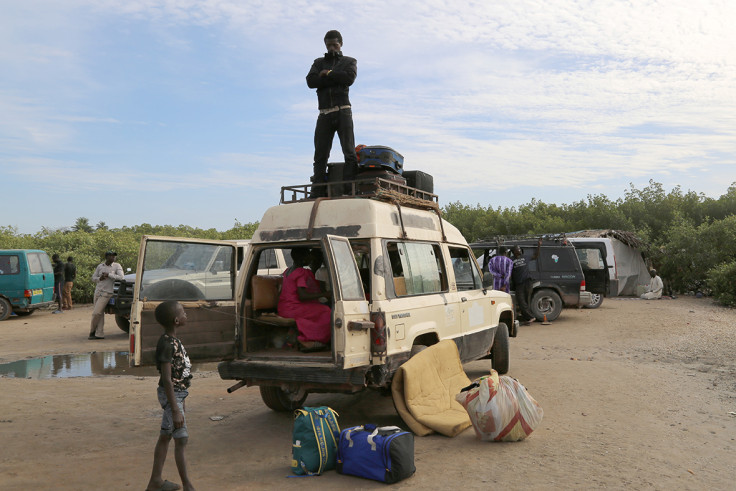West Africa to become first region in the world to end statelessness by 2024
ECOWAS ministers hope plan of action will help 1 million stateless people in West Africa.

West Africa is on path to become the first region in the world to adopt a plan of action to end statelessness by 2024.
Statelessness, or the lack of citizenship, prevents people from enjoying the most fundamental human rights such as education, health or right to work. Some people are born stateless, while others become stateless. There are currently 1 million stateless people in West Africa, according to the United Nations refugee agency (UNHCR).
"Denying someone their right to a nationality creates suffering, exclusion and marginalisation," said Volker Turk, Assistant High Commissioner for Refugees at UNHCR.
"Today, we estimate that at least 30% of the people in the region lack documentation which proves their identity or their claim to a nationality."
To eradicate this scourge, member states of the Economic Community of West African States (ECOWAS) meeting at a joint ECOWAS/UNHCR Conference hosted by Gambia on 9 May, adopted regional measures and a specific time frame to resolve barriers to the acquisition of nationality in the region.
"The regional Plan of Action represents a major step forward in the fight against statelessness," Turk said. "West Africa initiated this fight two years ago, and is now putting in place a more robust legal framework that includes practical measures adapted to the region's reality."
Technically, the concrete measures will look at rectifying gaps in nationality laws and issues relating to proof of nationality. ECOWAS member states will implement the mechanisms to ensure that all persons who are eligible are able to obtain identity papers and proof of nationality.
"In the region, some nationality laws still contain discriminatory elements based on gender, ethnicity or race," said Liz Ahua, UNHCR Regional Representative for West Africa. "These are the very obstacles faced by up to 60 million people in the region who are without documents proving their identity or nationality."
The plan is a step forward in the implementation of the February 2015 Abidjan Declaration of 15 Ministers of ECOWAS Member States on the Eradication of Statelessness.
ECOWAS includes Benin, Burkina Faso, Cabo Verde, Ivory Coast (Cote D'Ivoire), The Gambia, Guinea, Guinea Bissau, Liberia, Mali, Niger, Nigeria, Senegal, Sierra Leone, Togo and ECOWAS permanent and special representatives.
© Copyright IBTimes 2024. All rights reserved.






